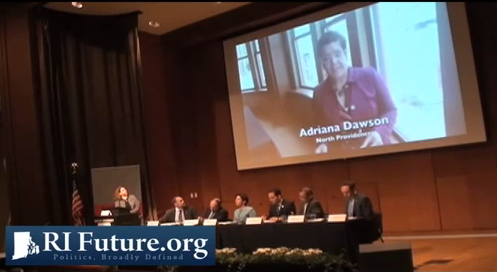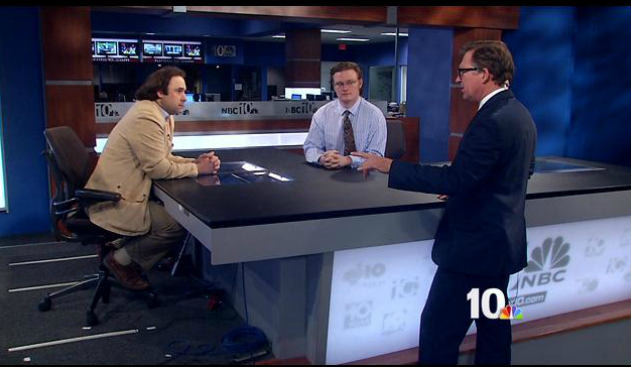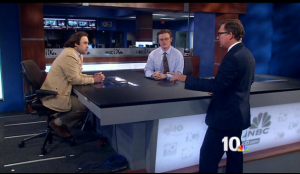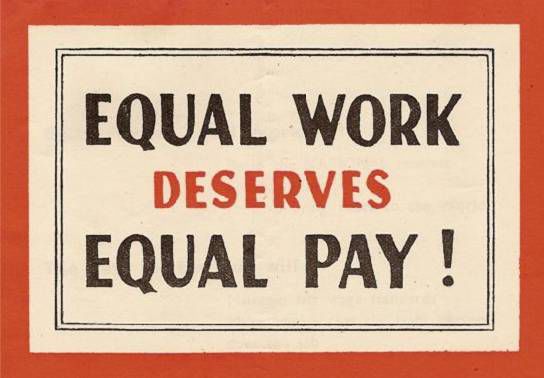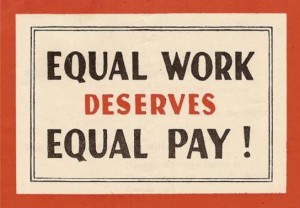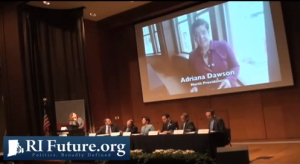 Six months before the general election, the six candidates for governor came together for the first time last week. And they did so to answer questions about gender equality. The Women’s Fund of Rhode Island hosted a forum Thursday to query the candidates on “so-called women’s issues,” as Gina Raimondo, the only female candidate, labelled them in her opening remarks.
Six months before the general election, the six candidates for governor came together for the first time last week. And they did so to answer questions about gender equality. The Women’s Fund of Rhode Island hosted a forum Thursday to query the candidates on “so-called women’s issues,” as Gina Raimondo, the only female candidate, labelled them in her opening remarks.
Steve Ahlquist filmed the entire event and broke it down question-by-question, starting with each candidate’s opening remarks:
_____________________________________________________________________________________
Question 1: What can you do to address unequal pay in our state?
Ken Block said there is “no place for wage discrimination” and that there are already laws in place to deal with it. Clay Pell called it a question of fundamental justice and of economic growth and “I think we have to do a lot more than just enforce the laws that are on the books.” Allan Fung said there are more barriers in the public sector than the private sector to equal pay in pay equity and promotions. Todd Giroux spoke about more generic economic reforms that don’t speak directly to equal pay.
Several of the Democrats said raising the minimum wage will have positive impacts on pay equity.
_____________________________________________________________________________________
Question 2: Do you support policies, like family leave, that benefit working women?
The Republican candidates tacked to different directions on this question. Fung said, “I absolutely do support a lot of those policies that [provide] flexibility for people into the workforce.” Block said he allows for family leave at his business, but then railed against the temporary disability insurance program in Rhode Island, calling it among the most expensive in the nation.
The Democrats were more united. “I absolutely think we need to a better job pr providing more flexible work places,” said Raimondo. Taveras agreed and Pell went furthest saying overall Rhode Island has been moving in the wrong direction when it comes to making women more equal in the workplace. He cited state childcare assistance being been cut by 80 percent since 2007 as evidence.
_____________________________________________________________________________________
Question 3: What will you do as governor to proactively affect gender inequality?
Pell committed to appointing an equal mix of men and women to boards and commissions while Block said he would “strive” to have an equal mix in his administration. Raimondo, said there are no laws in Rhode Island to protect pregnant women in the workplace, said she’s the only candidate to have been pregnant in the workplace. Taveras said he knows it from a father’s perspective.
Todd Giroux said he has used the family leave act to take care of his father. He said as the “openly-gay candidate in the race, I am all about equality.” Raimondo . Taveras said he understands some of the challenges from a father’s perspective. As governor he said he will consider “what is best for the working families.”
_____________________________________________________________________________________
Question 4: Reproductive justice. Will you veto bill that limits a women’s right to make their own health care decisions?
Pell, Raimondo and Taveras were clear on this question: each began their statements by saying yes, they would. Fung said he supports a women’s right to choose.
Block said, “The question of abortion is settled federal law. The Supreme Court has weighed in and I have no interest in challenging or changing that law here in the state.” Giroux, too, said he does not wish to weigh in on this issue as governor, but said he is opposed to abortion. He said a college girlfriend had an abortion without telling him. “In America today, you have a right to choose and your baby has a right to life.”
_____________________________________________________________________________________
Question 5: How will you ensure women can get out of poverty?
Pell called this the critical question of the election. Raimondo said, “It’s time that we take a different approach to the way we deliver social services and we focus more on results. We re spending money but it often isn’t effective. My approach would be break down the silos, fund what works.” Taveras said he has a three-pronged approach: raising the minimum wage, ensuring affordable childcare and investing in “cradle to career” education.
Block, also talked about education, saying he is “dedicated to education reform.” He and Fung both said fostering private sector growth will help raise people out of poverty.
_____________________________________________________________________________________
Question 6: What are you plans to ensure recent college grads can find good jobs?
Instead of answering the question, Taveras and Block really get to the heart of the political difference between conservatives and progressives in Rhode Island.
Taveras said Rhode Island needs a climate that tells young people this is a place to be, this is a place to start a business and to live. But Block countered, “We won’t get the new jobs we need if it makes much more sense for businesses to set up in Massachusetts than it does in Rhode Island. It’s a brutal fact.”
_____________________________________________________________________________________
Question 7: Sexual assault on campus
_____________________________________________________________________________________
Question 8: How will you make expansion of women-owned businesses a reality?
Fung and Block spoke of focusing on the larger economy. Block said, “we need to increase the ease with which individuals can start businesses in this state, whether they are male or whether they are female.”
Raimondo said access to capital programs for women and minorities matter. “It’s time we face the reality that women have been left behind in the business world and address it.” Taveras said he wants to work with the Center for Women and Enterprise and the SBA to “open the doors and create opportunities.”
_____________________________________________________________________________________
…And their closing remarks:

